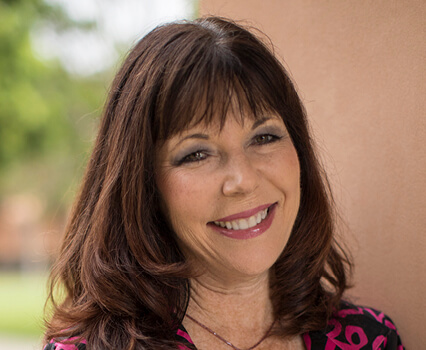When charitably inclined individuals and families are ready to upsize their donations and increase their impact, they often consider establishing private foundations.
It’s no surprise private foundations are top-of-mind. We often read about the great impact of some of the largest private foundations in the country, including The Bill & Melinda Gates Foundation, Ford Foundation and The Rockefeller Foundation.
San Diego County is no stranger to private foundations. They help make up the very fabric of our philanthropy. According to the “State of Nonprofits & Philanthropy in San Diego” report, our region is home to more than 975 private foundations.
Private Foundations: Benefits & Challenges
What exactly is a private foundation?
“Private foundation” is the umbrella term that includes corporate, independent, family and operating foundations. They are tax-exempt 501(c)(3) organizations that grant to other nonprofits from their own charitable endowments, which consist of funds coming from one or a small list of sources — an individual, a family or a company.
The charitable fund is managed by the foundation’s own appointed trustees or directors.
Private foundations are appealing to philanthropists because they permit founders to maintain complete control over their:
- Mission and branding
- Board appointments
- Grant recipients
- Investment decisions
- Succession plans
They also help implant a family legacy in a community and encourage generational giving.
There is no denying that private foundations are powerful giving vehicles ripe with benefits for founders, trustees and nonprofit grant recipients. However, while private foundation benefits for founders are well-known, their challenges often do not surface until going one layer deeper.
At San Diego Foundation (SDF), the most common private foundation challenges we hear are:
- Startup costs of time, resources and money
- Drafting and filing IRS documents, including Form 990
- Ongoing legal, accounting, investment management and administrative fees
- Annual income excise tax
- Annual required payout
- Limited charitable tax deductions
- Narrow community grantmaking knowledge
- Lack of expertise on nonprofit laws leading to costly tax penalties
Unexpected hurdles like these can detract from the joy of giving, and, in some instances, private foundations can become burdensome to maintain over time.
A Simpler Way: Donor-Advised Funds
For those seeking an easier path to increasing their charitable output, there is a simpler alternative.
A donor-advised fund (DAF) provides the benefits of a private foundation without the legal complexities, administrative headaches and added expenses.
DAFs act as charitable giving accounts for individuals and families. Donors who open DAFs are called fund advisors.
Fund advisors can deduct their initial gift and any additional gift to their DAF up to 50% of their adjusted gross income (AGI) at the time of their donation – compared to a 30% tax deduction for gifts to private foundations. Gifts can be cash or non-cash assets like stock or real estate.
Just as with a private foundation, fund advisors and their families can be active players in grantmaking from their DAF, choosing to award nonprofit organizations or give to initiatives that align with their giving interests over time.
Other benefits for fund advisors include privacy and peace of mind.
With a DAF, the strict and complex legal requirements of a private foundation disappear – no worries about compensation rules, expenses, grant expenditure responsibility, tax filings or any possibility of inadvertent self-dealing.
Also, fund advisors don’t need to disclose financial information from their DAF, including tax returns, because the fund is managed by a charitable sponsor, such as a community foundation or commercial bank.
While commercial banks are capable of managing the basic compliance and functionalities of DAFs, community foundations are the best fit for fund advisors who seek a charitable partner, grantmaking guidance and local impact.
Unlike commercial banks, community foundations provide DAF fund advisors with an entire set of support and services, including:
- Philanthropic advisors
- Community experts
- Grant and administrative services
- Investment management
- Exclusive philanthropy and networking opportunities
- Anonymous grantmaking capabilities
At SDF, our private foundation conversations with philanthropists typically center around the following four scenarios:
- Private Foundation Alternative: Individuals who are seeking a simpler solution than a private foundation to meet their giving goals.
- Additional Giving Vehicles: Individuals who already have a private foundation and want to add a DAF to their giving strategy to leverage giving support and services.
- Private Foundation Conversions: Individuals who have an existing private foundation and want to convert it to a DAF.
- Multi-Generational Giving: Individuals who want to establish a legacy of giving without passing on the administrative burden of a private foundation.
The good news is DAFs can be your private foundation solution to any or all of the above.
It’s time to simplify your giving. To learn more, visit SDFoundation.org/privatefoundation.





